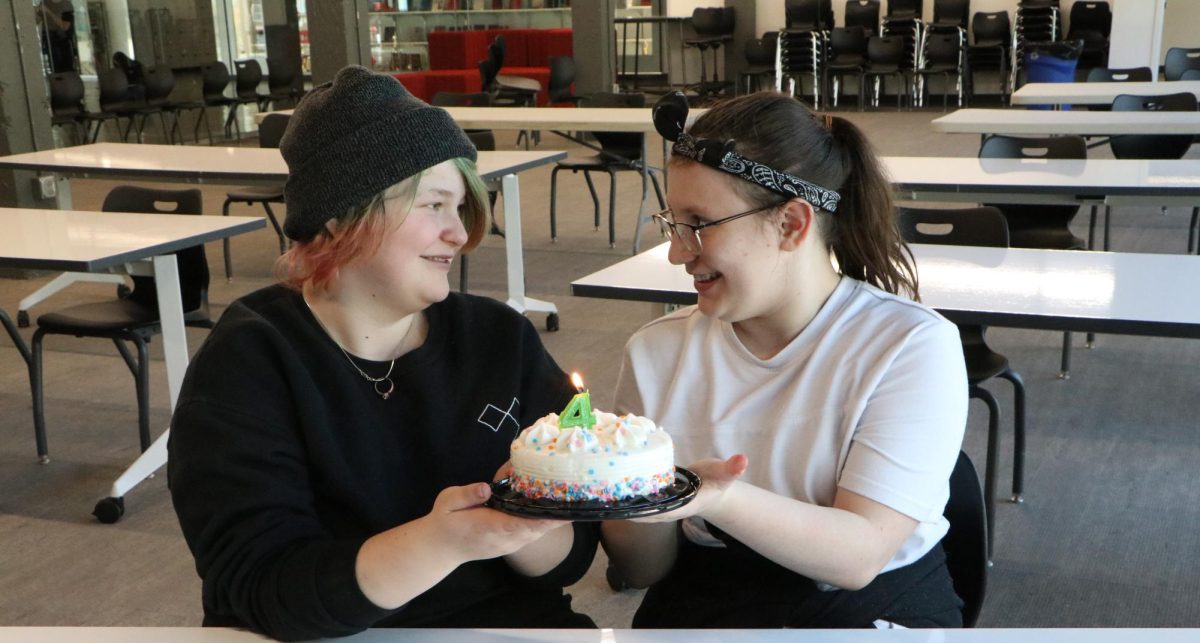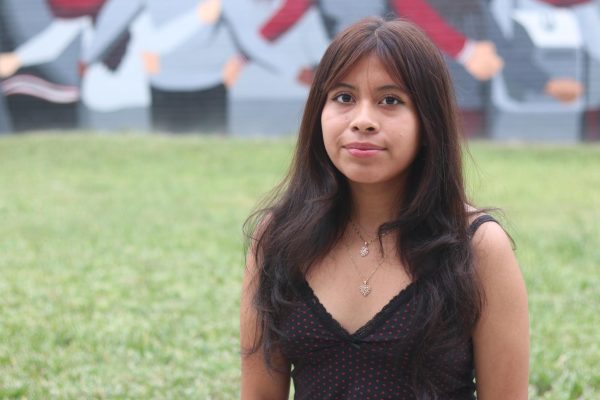Imagine celebrating your birthday just one time every four years.
For some, leap year is just an extra day at the end of February, but for certain students like freshman Rae Humphrey and sophomore Ash Wagner, who were born on Feb 29, this unusual occurrence is an important reality with more personal meaning then simply keeping the clock straight.
For leap year babies, the infrequency of their birthdays shape their lives, offering a combination of delight and uncertainty for these students. People born on leap day often find themselves juggling the anticipation leading to their birthday and the weight of explaining their unique predicament to others.
The calendar oddity comes from the need to align calendars with the Earth’s orbit around the sun. This crucial change ensures that changes in seasons are consist with our monthly time division, maintaining the synchronization between our man-made calendar system and the natural cycles of the Earth’s orbit.
Humphrey offers insight into the experiences of being a leap year baby.
“I find it funny for two reasons, every time it’s not a leap year, I get to have two days to celebrate. February 28 and March 1,” Humphey said. “I take both days.”
Humphrey enjoys the unique experience of leap year birthdays, especially the ideas of celebration and individuality. Similarly, Wagner enjoys the humor and occasional confusion surrounding his odd birthday.
“Honestly, it’s almost just comedic to me,” Wagner said. “On one hand, I’m about to turn 16 and I’ve been three for just about four years. Now I’m also turning four years old. I get to turn 16 twice.”
While leap year birthdays come with innate shared amusement, they also cause curiosity and questions to those unfamiliar with the concept.
“I have to explain it like how you would a toddler. I have to go, ‘I was born on February 29. Which happens every four years, because somehow, we use a calendar that doesn’t give us an extra day. So now we have to make up an entirely different day.’” Humphrey said. “If they still don’t get it, I give up.”
Despite the occasional need for explanation, both students enjoy the novelty of their birthdays, more specifically the potential for double festivities.
Humphrey recalls memorable moments tied to their birthday, which naturally are very connected to their leap year identity.
“My mom, she likes to get cards that are like meant for babies.” Humphrey said. “It’s like, happy third birthday or something. And she’ll get me those cards, and it’ll have like a really sweet message inside of it. So every four years, it’s like happy third birthday, happy fourth birthday. It’s really fun because she’ll give it to me when I don’t expect it.”
When asked whether they prefer having a birthday every year or sticking with their Leap Year birthday, both students expressed a preference for the difference and excitement that comes with celebrating once every four years.
For them, the occasional confusion and explanation are small drawbacks compared to the double celebrations and difference that come with it.
“I love my leap year birthday because not only do I get two days to celebrate my birthday, so I kinda have just have a lot of fun,” Humphrey said. “But it makes me feel more unique than more ordinary, and I like my uniqueness.”





